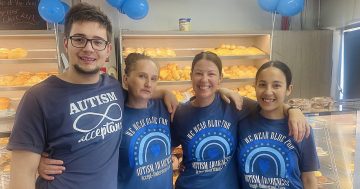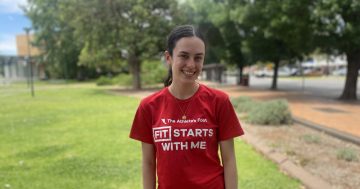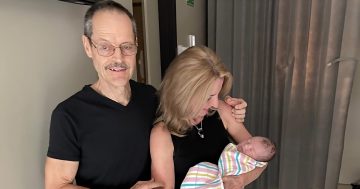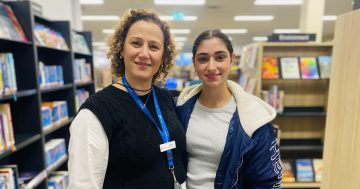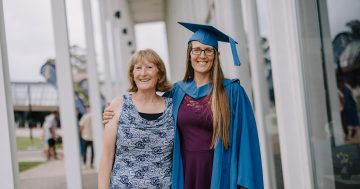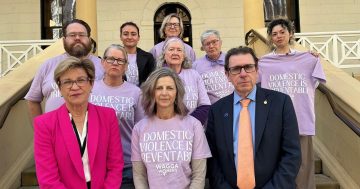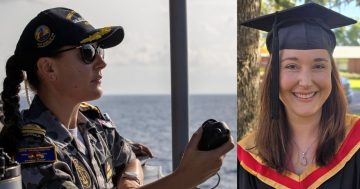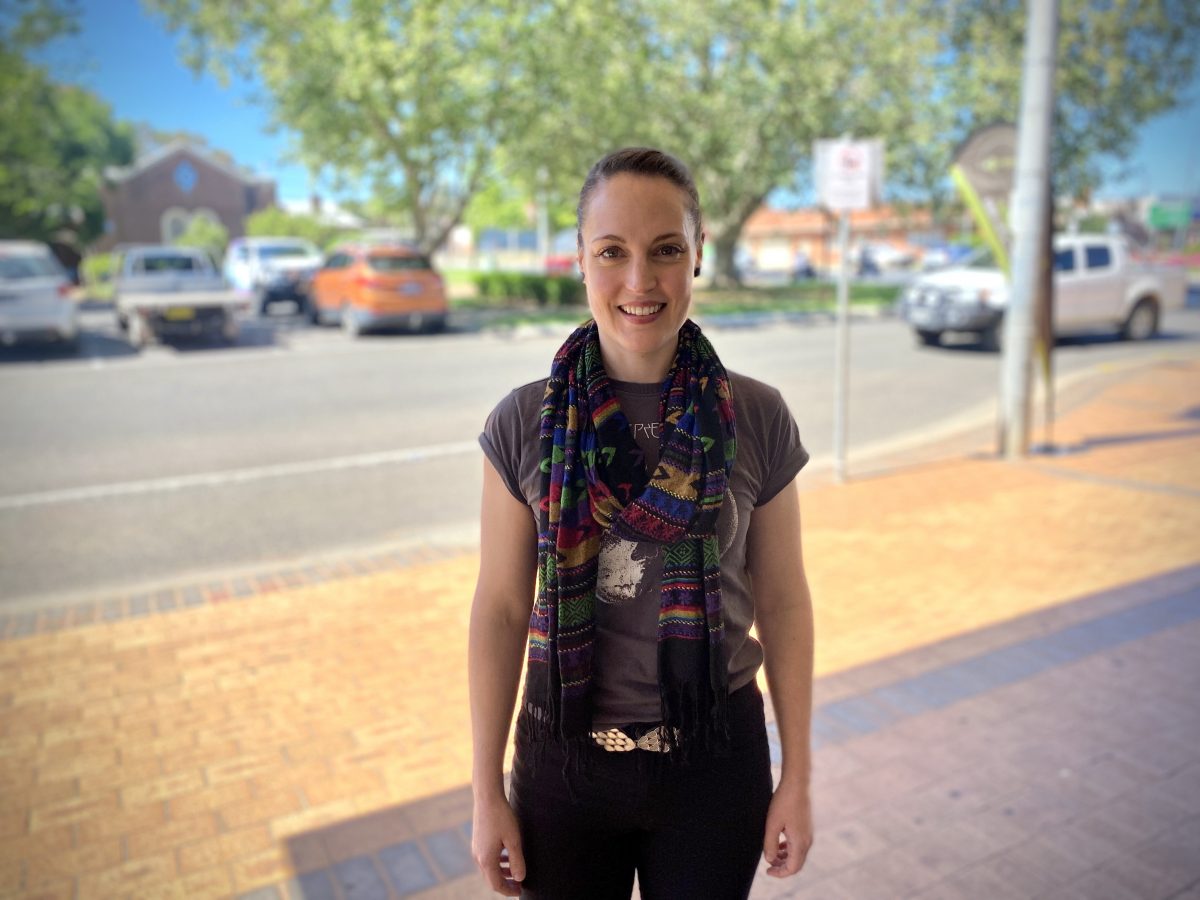
Pediatric OT Dagney Hopp suggests some reforms to alleviate the rural OT shortage. Photo: Oliver Jacques.
Almost every month for the past 12 years, Sydney-based pediatric occupational therapist (OT) Dagney Hopp has taken time out of her full-time job to travel to Griffith to treat children with serious behavioural problems.
Accompanied by her three-year-old son Leor, she’s been boarding the dreaded Sydney to Griffith via Narrandera flight to fill a chronic need not met by our public health system.
“It’s a huge gap. The only reason I can come here is because my dad is here,” she said.
The town owes a debt of gratitude to Dagney and her family, who migrated to Griffith from South Africa in the late 1990s. Her father, Associate Professor Max Hopp runs the vital children’s allergy clinic at Griffith Base Hospital, which has saved hundreds of families expensive trips to Melbourne or Sydney for treatment. Mum Julia worked for many years as a school psychologist, another field desperately short of professionals. Dagney now lives in Sydney but continues to support a town that recently lost its last remaining full-time OT.
“I fly in Thursday evening, I do some work for Kalinda [a special needs school] and then see about 14 children,” she said.
“I work a lot on emotion regulation. I help kids [on the Autism spectrum] with behaviour and attention issues. And there are other kids who may have experienced early life traumas.”
Her flights to Griffith, equipment and rent for her consultation room are not paid for by the Federal or State Government, but by a local volunteer group.
The Griffith Autism Spectrum Support Group (GASG) hosts fundraisers and relies on donations to support desperate parents who have nowhere else to turn.
“There are people who want to her to see their child every month – but she can only see 14 children [each visit], which is a lot. She does an amazing job to see as many as she can, but I have close to 100 kids on her books that I try to accommodate. I have to juggle them around … we are so disadvantaged in the country,” GASG president Dene Beltrame said.

OT student Emily Vasta says the Government make it hard for people to complete their studies. Photo: Raiya Gyles.
The chronic shortage of health professionals such as OTs, speech therapists and psychologists in the Riverina means families have to spend big to see specialists in Sydney, or miss out on treatment all together and watch their children deteriorate further.
Dagney said there is also no incentive for an OT to work in a regional area, as opposed to Sydney.
“It’s difficult to attract specialists, it’s difficult to keep them. Because of the number of kids and complexities, they don’t get the level of support they need and tend to burn out,” Dagney said.
The NSW Government funds a scheme to help rural families who have to travel to bigger cities for medical services, called the Isolated Patients Travel and Accommodation Assistance Scheme (IPTASS).
“But there’s nothing for the other way around,” Dagney said. She says it would be better if government funded and supported specialists to go to regional areas.
“That would allow a family to stay safely in their community: they don’t need to travel, they don’t need to put kids with complex needs on an aeroplane or a train.”
Both Dagney and Dene also believe government should employ OTs and speech therapists to work full-time in public schools. This would enable them to identify needs early and stop them escalating.
“At the moment, we only step in when there is a problem. But really, we should be intervening in a more preventative way,” Dagney said.
Dagney’s third suggestion is to provide more support for those studying to be an OT at university.
Emily Vasta, an OT student at Charles Sturt University, says the Government makes it extremely difficult for students to complete their qualifications.
“As part of my degree, I have to do 1000 hours of an unpaid internship. It’s a full-time workload, so it’s hard to get another job. I don’t know how I am going to support myself. I would think they should at least pay us a minimum wage,” she said.
Until these issues are addressed, Griffith will continue to rely on the generosity of Dene and Dagney. Thankfully, both remain committed to their roles.
“I’m locked in, I don’t think I’ll be going anywhere,” Dagney said.







